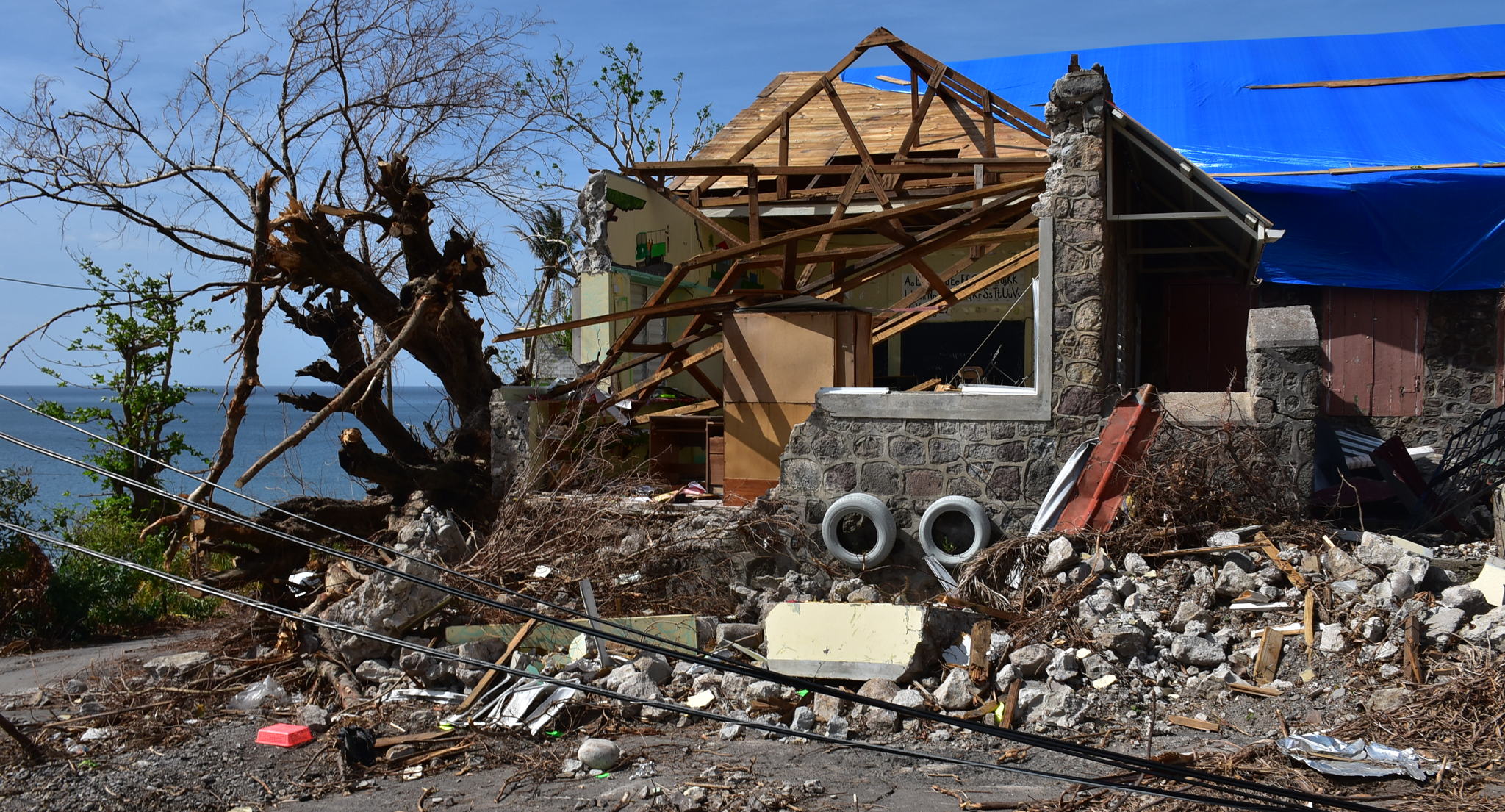Strengthening Humanitarian Action in the Eastern Caribbean
OECS Media Release
Responding to the reproductive health needs of affected populations during emergencies is a critical area of focus for the Organisation of Eastern Caribbean States (OECS). 67 participants, including healthcare providers and representatives from gender agencies, national disaster agencies and civil society organisations, attended a series of 4-day virtual workshops April 15th through to June 11th 2021.
Participants from the OECS Member States of Dominica, Grenada, Saint Lucia and Saint Vincent and the Grenadines, learned about the Minimum Initial Service Package (MISP) for integrated Reproductive Health, HIV, and Gender-Based Violence prevention and response in disasters. These tools were tailored to address the specific needs of each participating Member State. An action plan was developed at the end of the workshop with priority actions, responsible persons, and timelines for execution for each Member State guided by a participatory MISP readiness assessment.
The workshops allowed participants to be better equipped to advocate for and integrate the MISP into the disaster and risk reduction plans of the Member States. It increased the capacity of Member States to respond to Sexual and Reproductive Health and Gender-Based Violence needs in humanitarian settings while considering the challenges associated with the COVID-19 pandemic.
The MISP is a coordinated set of activities designed to prevent and manage the consequences of sexual violence; prevent the transmission of and reduce morbidity and mortality due to human immunodeficiency virus (HIV) and other Sexual Transmitted Diseases (STIs); prevent new-born and maternal morbidity and mortality; prevent unintended pregnancies and plan for comprehensive RH services. Additional priority activities include Adolescent Sexual and Reproductive Health; access to contraception for existing users; and distribution of dignity kits. The Minimum Initial Service Package should be implemented in the initial phase of an emergency.
This training was executed by the Organisation of Eastern Caribbean States (OECS) Commission in collaboration with the United Nations Population Fund (UNFPA), with funding through the World Bank-financed OECS Regional Health Project.



